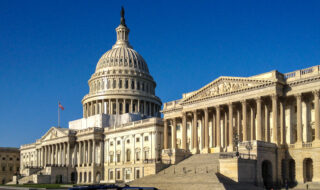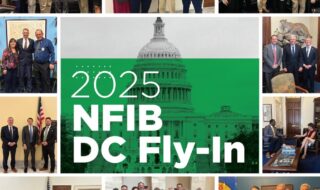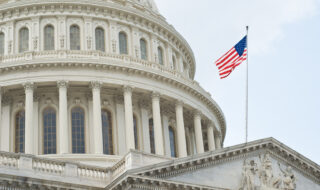February 15, 2022 Last Edit: June 5, 2025
Mandate Madness in Minnesota House
We’re now over two full weeks into the 2022 Minnesota Legislative Session. So far, the Governor has signed one bill: an extension of the presumption that police, firefighters, EMTs, healthcare providers and nurses and long term care workers who contract COVID-19 are eligible for workers compensation through January 13, 2023.
Otherwise, the approaches taken by the state House and state Senate have been a study in contrasts.
Minnesota House: So far, we’ve seen a slew of employer mandate proposals and expensive new government programs.
- a 24-week paid leave mandate on all employers paid for by a new billion-dollar payroll tax (HF 1200 – Rep. Richardson, Inver Grove Heights)
- require employers to pay an employee’s salary during jury duty (HF 2921 – Rep. Wazlawik, White Bear Lake)
- worker notification requirements and penalties for warehouse employers with more than 100 employees (HF 2774 – Rep. Greenman, Minneapolis)
- frontline worker payment notice requirement and penalties (HF 2900 – Rep. Frazier, D-New Hope)
- a health insurance public option and single payer study (HF 11 – Rep. Jennifer Schultz, D-Duluth; HF 2499 – Rep. Liz Boldon, D-Rochester)
This is in addition to bills that would increase electricity prices to provide rebates for electric cars, electric boats or electric planes, and require all new or renovated commercial buildings to set aside parking spots for electric vehicle charging.
NFIB has opposed these bills in letters and testimony to House Committees. We also authored an op-ed in the Rochester Post-Bulletin outlining major flaws with the paid leave mandate.
The House is focusing on a $1 billion payment package for workers in select “frontline sectors.” This bill includes the employer notice requirement and penalty mentioned above. Workers qualify for a payment of up to $1,500 if they worked a minimum of 120 hours between March 15, 2020 and June 30, 2021.
Minnesota Senate: They’re taking a slower approach to session, with committee hearings largely focused on state agency updates and the $7.7 billion budget surplus.
One notable exception to that pace is the quick passage of a bill to repay the Unemployment Insurance Trust Fund debt. This bill, sponsored by Sen. Eric Pratt (R-Prior Lake), would use $2.73 billion in state and federal surplus to rebuild the UI program reserve and prevent all UI tax increases in 2023.
The bill passed by a vote of 55-11, receiving wide bipartisan support (all 34 Republicans, 19 Democrats and 2 Independents voted yes). Governor Walz supports the bill.
NFIB strongly supports the UI repayment bill and has urged the Legislature to take quick action. Small business taxes should not go up because of the pandemic and government restrictions that caused the UI program debt.
Democrats in the Minnesota House are advancing a different version that repays only half of the UI debt and freezes UI tax rates for 2022. Without subsequent action, this would only defer major UI tax increases until 2023. NFIB does not support this approach.
We will continue to monitor committee hearings and bill introductions and speak out on behalf of small businesses across Minnesota.
NFIB is a member-driven organization advocating on behalf of small and independent businesses nationwide.
Related Articles













